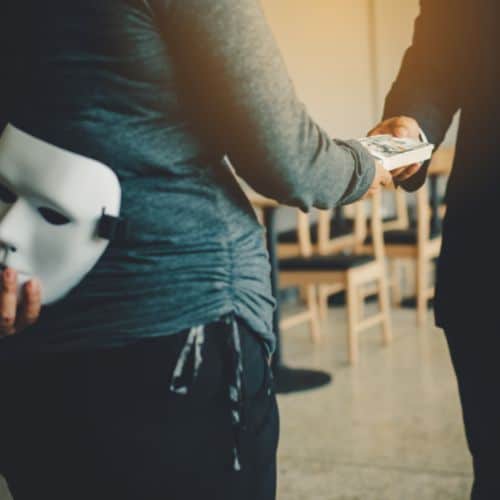Copyright law protects original works and prohibits other people from using your work without permission. Copyright is an automatic right and does not need to be registered. You can mark the piece of work with the copyright symbol © and the year it was created, although this is not a requirement for obtaining or asserting copyright. Copyright can be a valuable asset, as it can allow the creator of a piece of work to make a profit and earn a living.
Copyright can apply to any of the following original creations:
Copyright protection will come into force as soon as the work is created, however the material can be copied and reused after the copyright has expired. For literary, artistic, musical and film works, the copyright will last for 70 years. For design layouts, this reduces to 25 years.
Copyright prevents other people from doing any of the following without permission:
Copyright enables the creator to control how their work is used and can provide the opportunity to profit from it. You can licence your work by entering into a contract that authorises someone else to use it. A licence sets out what can legitimately be done with the piece of work, along with any restrictions. There are many options when it comes to licencing your work, for example an exclusive licence bars anyone but the licensee from using the work, including the copyright owner. A licence could also be implied, with nothing actually put in writing, however in practice it is always advisable to formalise the arrangements in case a dispute arises later on. It is important to seek legal advice when you are entering into any form of contract, as this will be legally binding upon both parties.
It is also possible to enter into a contract for the sale of your copyright, or for its marketing; for example to give someone else the authority to develop your creation. Because copyright can be such a valuable asset, it is important to ensure that your interests are always protected. If your copyright is breached and someone else has used or profited from your work without a licence or agreement, this may give rise to a civil action for infringement of copyright.
If it is found that the copyright has been infringed, there are a number of remedies available to the court:
The court may grant an injunction to prevent the infringement from being repeated. The claimant should first apply for an interim injunction to halt the activity until the matter is resolved
The court may award financial compensation, known as damages, which can be granted in addition to an injunction. This may reflect the amount that the infringer should have paid if they had used the work under licence, or the claimant may claim the profits that the defendant has made as a result of the infringing activities
Delivery up refers to an order for the delivery of any infringing material, which will usually then be destroyed
The claimant has the right to seize any infringing material if this is being sold or rented out. Notice should be given to the police, and there is a legal process that must be followed, so it is essential to take legal advice if you are considering taking this course of action
The legal experts at Ackroyd Legal can advise you based on your individual circumstances and will draft the appropriate agreements, when necessary. For more information on copyright law, please contact us and we will be able to help.

Business disputes can become complicated, and matters may escalate very quickly…

Our dedicated team of business and company lawyers will work with you to understand the specific nature…

Ackroyd Legal has a dedicated team of business and corporate lawyers…

Passing off occurs when someone wrongly claims that the goods, services or business activities…

Copyright law protects original works and prohibits other people from using your work without permission…

Commercial contracts are a cornerstone of business activity. The specialist commercial lawyers…
GET IN TOUCH

16 Prescot Street,
London, E1 8AZ
Ackroyd Legal is a trading style/name of Ackroyd Legal (London) LLP , which is authorised and regulated by the Solicitors Regulation Authority, SRA No. 554585 and is a LLP registered in England & Wales, Company No. OC360125; VAT no. 445717436;
David Ebert LLP is a separate entity from Ackroyd Legal (London), LLP and are authorised and regulated by the Solicitors Regulation Authority, SRA no. 558176.